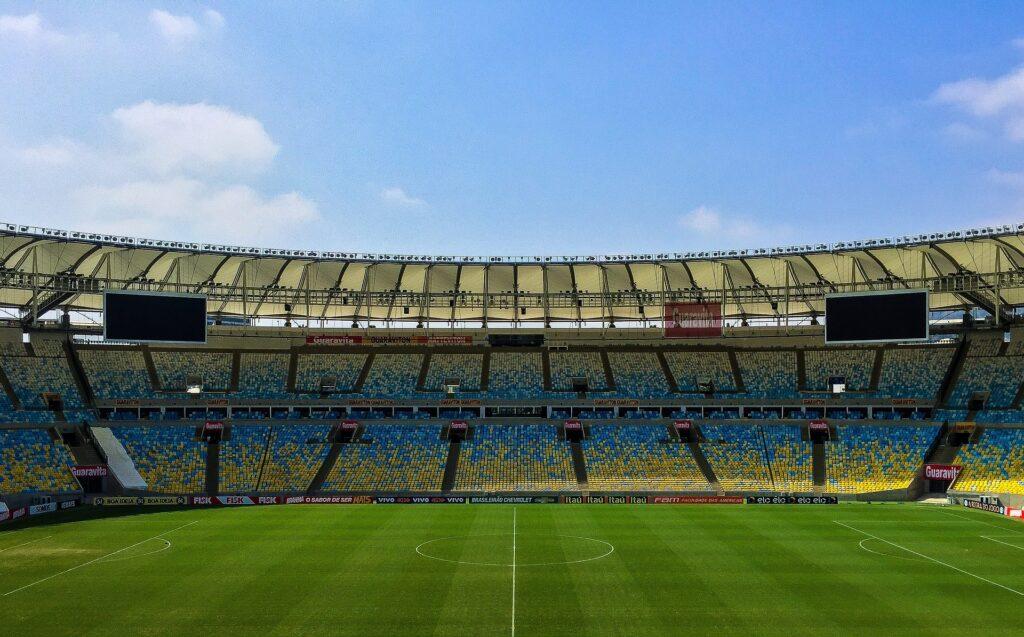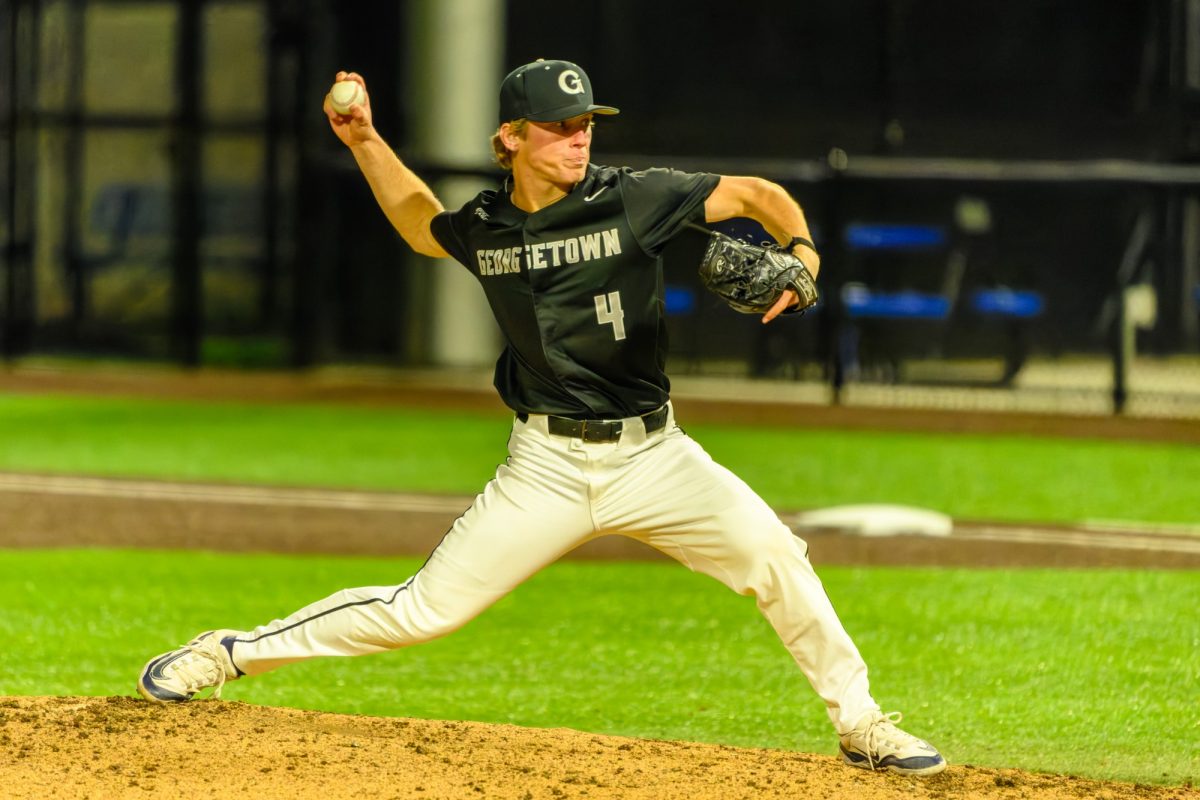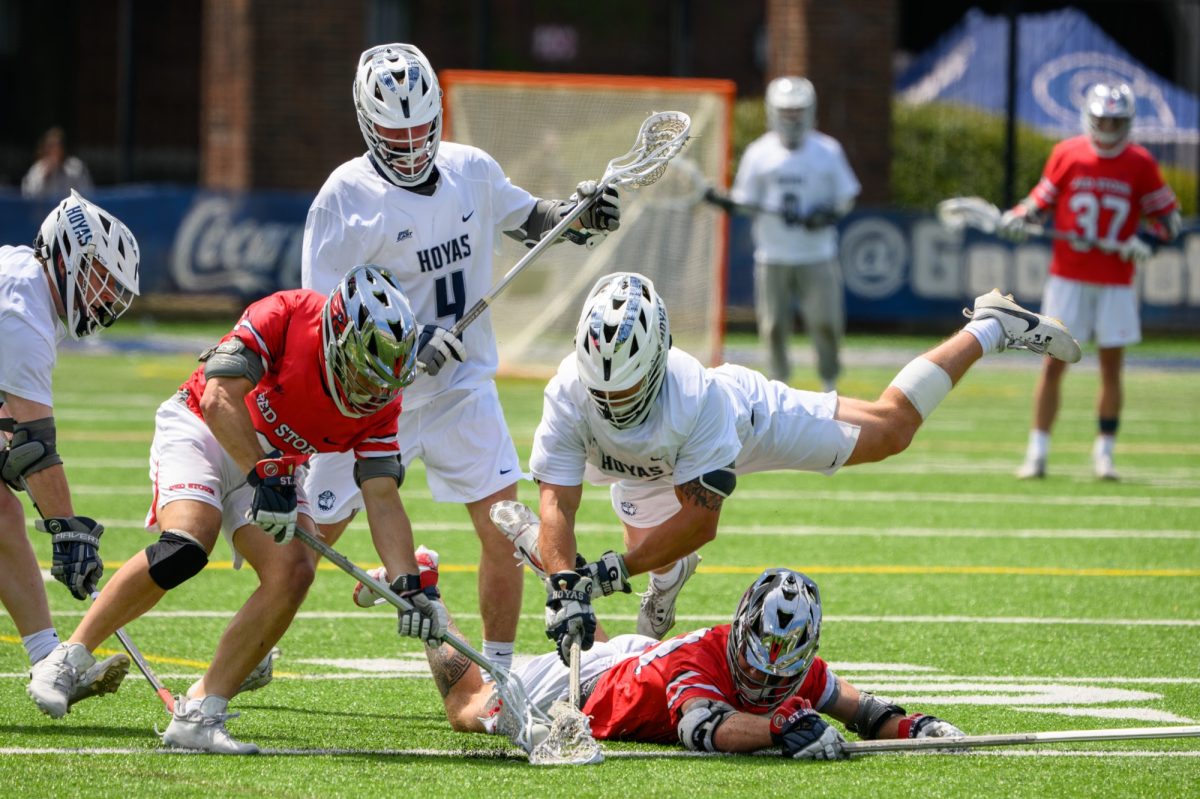CW: This article contains mentions of domestic and sexual violence. Please refer to the end of the article for on- and off-campus resources.
On Sept. 3, Los Angeles Dodgers pitcher Julio Urías was arrested for the second time on domestic violence charges. On Sept. 30, the Las Vegas Raiders released defensive end Chandler Jones for violating a protection order issued just weeks prior for an incident of suspected domestic battery. On Oct. 11, police issued a criminal summons to Charlotte Hornets forward Miles Bridges for violating a protective order related to a previous domestic violence incident.
Domestic and sexual violence (DSV) represent an all-too-familiar, ugly face of sports, with the sheer number of reported allegations a depressingly high statistic. While professional athletic associations have implemented stricter sanctioning guidelines over the past decade, little has changed with the frequency of such cases.
With October being Domestic Violence Awareness Month, administrators must fundamentally rethink organized sports’ collective response to DSV and finally adopt a zero-tolerance policy across all leagues.
Sports are particularly sensitive to DSV due to the huge amounts of exposure given to its athletes, coaches and staffers. A projected 74.6 million viewers watch live sports content at least once per month in the United States, representing a huge chunk of all media consumption. Therefore, sports-related incidents constitute some of the most well-known examples of DSV, thus holding an outsized impact on public perception of the topic.
Former running back O.J. Simpson’s double-murder trial attracted 57% of all Americans to their TV screens, while the conviction of former U.S. Gymnastics doctor and serial rapist Larry Nassar is widely regarded as a watershed moment for the #MeToo movement in athletics. Indeed, both cases contributed to increased scrutiny over the prevalence of intimate partner violence and sexual assault, respectively.
Even as the overarching narrative regarding DSV is changing, serious allegations are met with indifference and, at times, impunity in the sporting world.

Since teams have a huge financial incentive to win to attract more fans, to negotiate more lucrative TV deals and to earn prizes associated with championships, past allegations are often ignored under the guise of maintaining “competitiveness.”
Relief pitcher Aroldis Chapman allegedly fired gunshots in the vicinity of his girlfriend and choked her in 2015; since then, the Chicago Cubs, New York Yankees, Kansas City Royals and Texas Rangers have employed him, with Yankees owner Hal Steinbrenner even suggesting that people will simply “forget” these grotesque acts. After over two dozen women accused quarterback Deshaun Watson of sexual misconduct, the Cleveland Browns still offered him a five-year, $230 million contract.
MLB and the NFL can tout their domestic violence policies as an example of the league protecting victims of DSV — but if even slight profit margins can convince teams to welcome back abusers with open arms, can they truly say that they care?
The problem is perhaps even direr overseas.
Teams in Nippon Professional Baseball (NPB), Japan’s premier baseball league, signed pitchers Trevor Bauer, Roberto Osuna and Josh Lueke even with allegations of rape and sexual assault against them. Forward Mason Greenwood, who was arrested on charges of attempted rape, assault and coercive behavior, joined Spanish side Getafe CF on loan from Manchester United, with Getafe officials misrepresenting his dropped charges as proof of innocence.
NPB, the Premier League and La Liga still do not have specific domestic violence policies, a complete farce of an attempt at protecting survivors.
With DSV remaining woefully unaddressed in organized sports, leagues are complicit in the continued proliferation of abuse against vulnerable victims. Instead of recognizing that a toxic culture of glorified machismo and complete lack of accountability is a larger problem than sports, leagues are sending out the message that, actually, DSV can be conveniently ignored whenever other interests exist.
In a world where survivors often feel too afraid to speak up, where abusers are often only given a slap on the wrist and where governments and law enforcement frequently adhere to oppressive patriarchal structures — this is not enough.
The sports spotlight is not the place to be deliberating whether second chances should be given. Athletics associations must take a clear, unambiguous stance to stop such violence. The only way is to prevent teams from employing anyone who is credibly accused of, or convicted of, DSV or other similar charges.
Do something. It is already late enough, so don’t delay it even more.
On-campus resources include Health Education Services (202-687-8949) and Counseling and Psychiatric Service (202-687-6985); additional off-campus resources include the D.C. Rape Crisis Center (202-333-7273) and the D.C. Forensic Nurse Examiner Washington Hospital Center (844-443-5732). If you or anyone you know would like to receive a sexual assault forensic examination or other medical care — including emergency contraception — call the Network for Victim Recovery of D.C. (202-742-1727). To report sexual misconduct, you can contact Georgetown’s Title IX coordinator (202-687-9183) or file an online report here. Emergency contraception is available at the CVS located at 1403 Wisconsin Ave NW and through H*yas for Choice. For more information, visit sexualassault.georgetown.edu.















